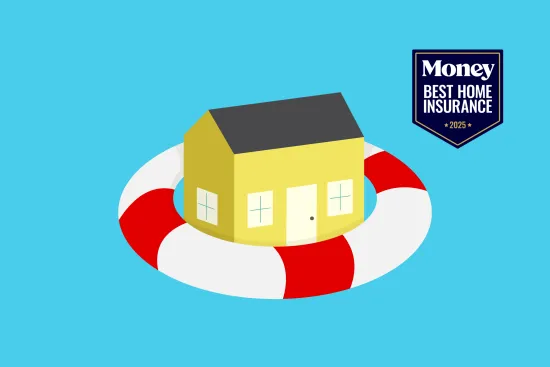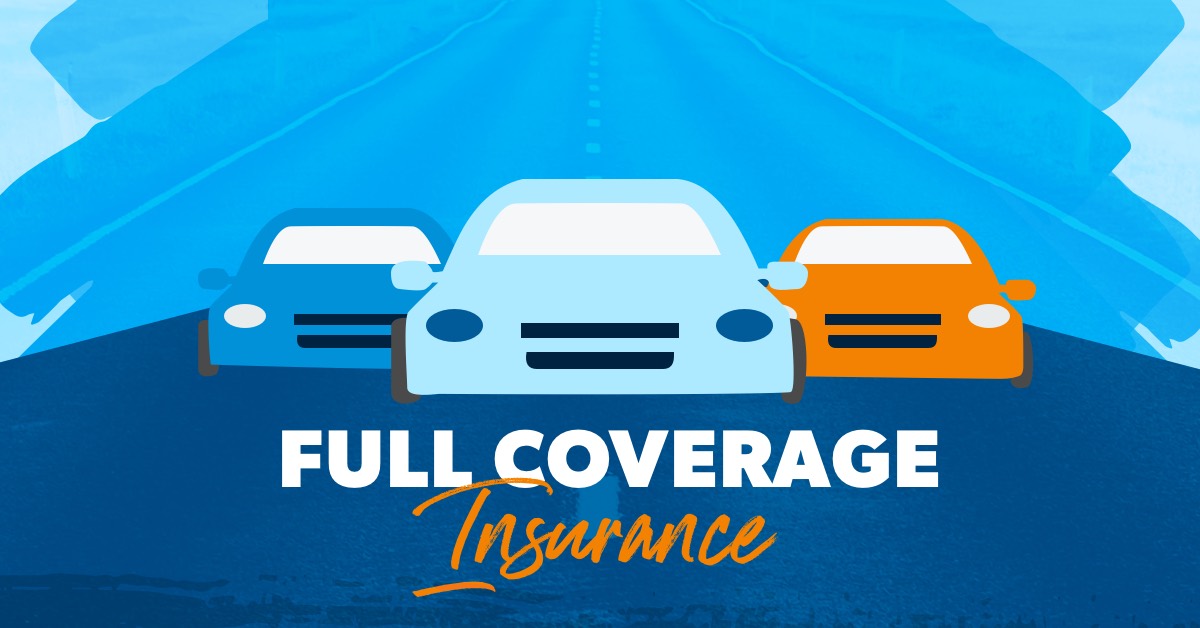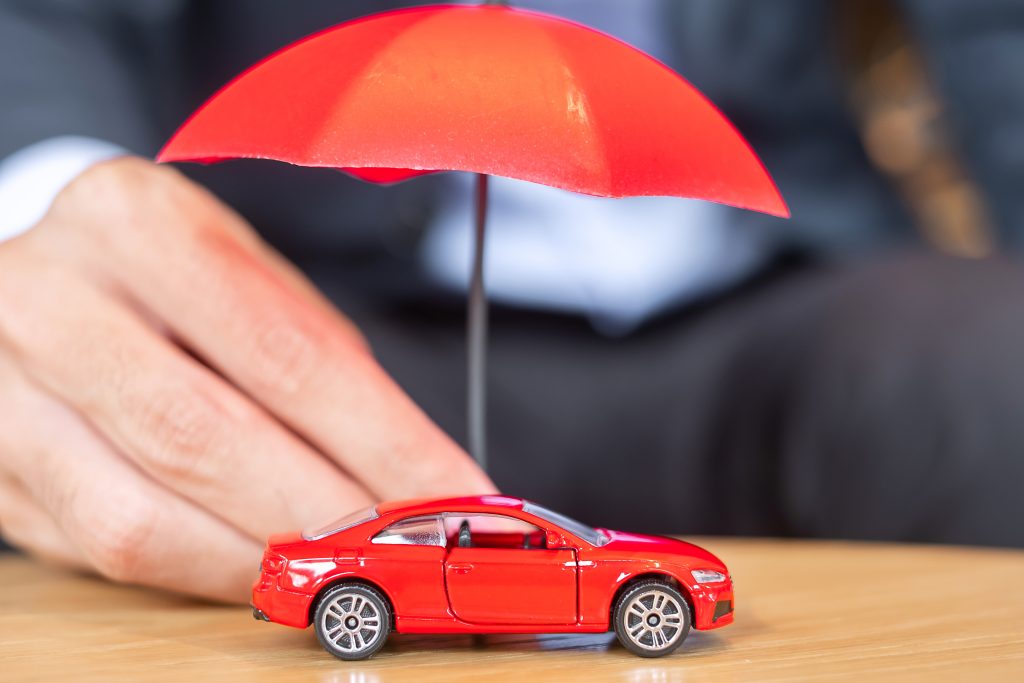The Overlooked Element of Wellness
When people think of health, they often focus on nutrition, exercise, and medical checkups. But few realize that mental safety — the feeling of being secure and protected — is a crucial part of preventive health.
Modern science confirms this: emotional calm lowers blood pressure, improves digestion, and helps regulate sleep cycles. When you live without constant worry, your body can shift from survival mode to restoration mode — allowing deeper rest, stronger immunity, and better focus.
The Science Behind Feeling Safe
Your brain constantly scans for danger — a built-in mechanism known as “neuroception.” When it perceives safety, the parasympathetic nervous system takes over, lowering heart rate and relaxing muscles.
But when uncertainty or insecurity arises — such as financial stress or fear of sudden emergencies — the body releases cortisol, the stress hormone that increases blood pressure and weakens immunity.
This means that the simple feeling of being safe is biologically restorative. It’s not luxury; it’s medicine.
And this sense of safety can come from preparedness — having reliable health insurance, a solid emergency fund, or a clear protection plan that minimizes future surprises.
Calm Mind, Healthy Body
In one Harvard study, participants who practiced relaxation and maintained financial or health preparedness showed 23% lower cortisol levels and slept an average of 40 minutes longer per night.
The reason is simple: peace of mind signals the body that it can rest. When you’re not worrying about medical bills, accidents, or home repairs, your brain can shift focus to creativity, patience, and positivity.
A calm mind also improves heart health. People who manage stress effectively have a 30% lower risk of developing hypertension or cardiac disease.
In other words, peace isn’t passive — it’s a proactive investment in longevity.
Preparedness as Emotional Medicine
Peace of mind doesn’t come from luck — it comes from preparation. When you know your health, home, and car are protected, your nervous system relaxes because uncertainty has been reduced.
That’s why proactive individuals often report higher happiness and lower anxiety levels. They’ve replaced “what if” fears with clear “what next” plans.
Having comprehensive coverage or using a financial safety tool doesn’t just prevent loss — it provides emotional relief. These systems create a buffer between you and chaos, allowing your mind to rest in assurance rather than fear.
The Preventive Power of Peace
Doctors often emphasize physical prevention — vaccines, screenings, healthy habits. But emotional prevention is just as vital.
Feeling secure reduces chronic inflammation, boosts immunity, and strengthens your body’s resilience to disease.
One simple way to enhance this peace is to review your protection plans regularly — checking your health coverage, home policy, or car insurance.
Platforms like AutoPlans make this process easy, helping you explore options, compare providers, and adjust your protection as your life evolves.
Click here to explore your protection options
Making Peace of Mind a Habit
Peace of mind is not a one-time feeling — it’s a practice. Just as we exercise for fitness, we can train our minds for calm through structure, awareness, and planning.
Set reminders to review your finances, update insurance, and schedule downtime for relaxation.
Small habits compound into long-term stability. Over time, peace becomes part of your routine, not a rare experience. And when that happens, health — physical and mental — thrives naturally.
A New Definition of Preventive Health
True preventive health isn’t just about avoiding illness — it’s about creating a lifestyle that minimizes worry.
When your mind feels safe, your body follows.
So remember: peace of mind is health care. It’s the daily decision to prepare, protect, and stay calm no matter what life brings.
When you know your health, home, and car are protected — through simple steps like using AutoPlans to review your options — peace of mind becomes part of your health routine.
.png)
.png)
.gif)


.png)
.png)
.png)
.png)
.png)



.png)






.png)
.png)






.png)
.png)
.png)
.png)
.png)
.png)
.png)
.png)
.png)



.png)


.jpg)









